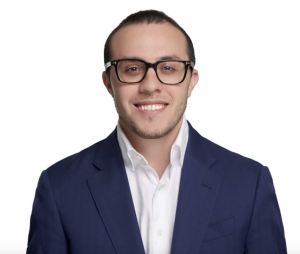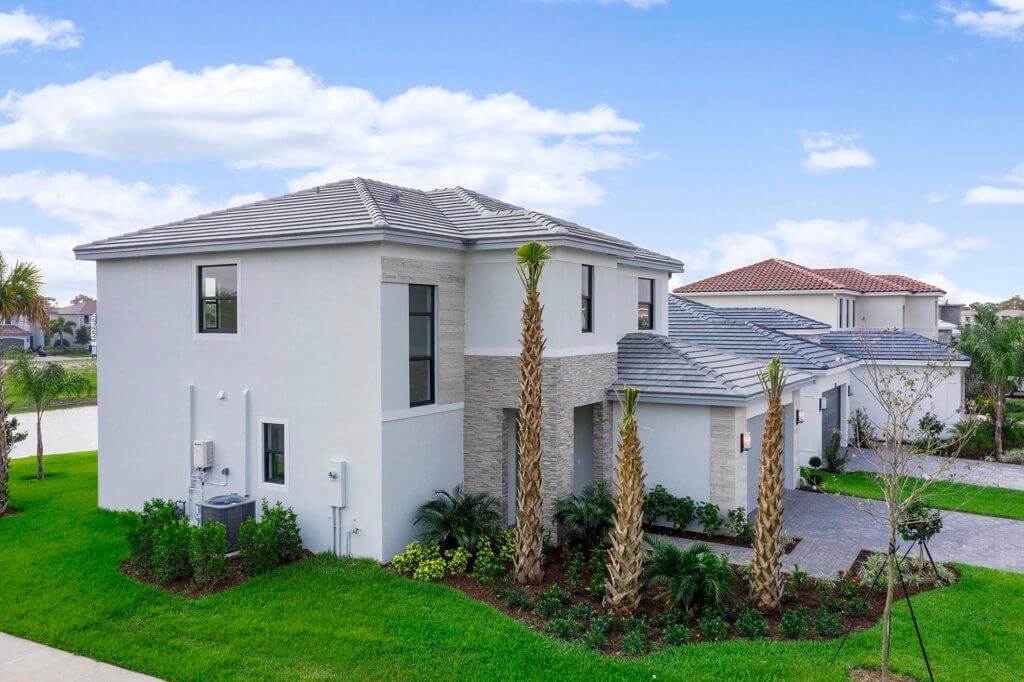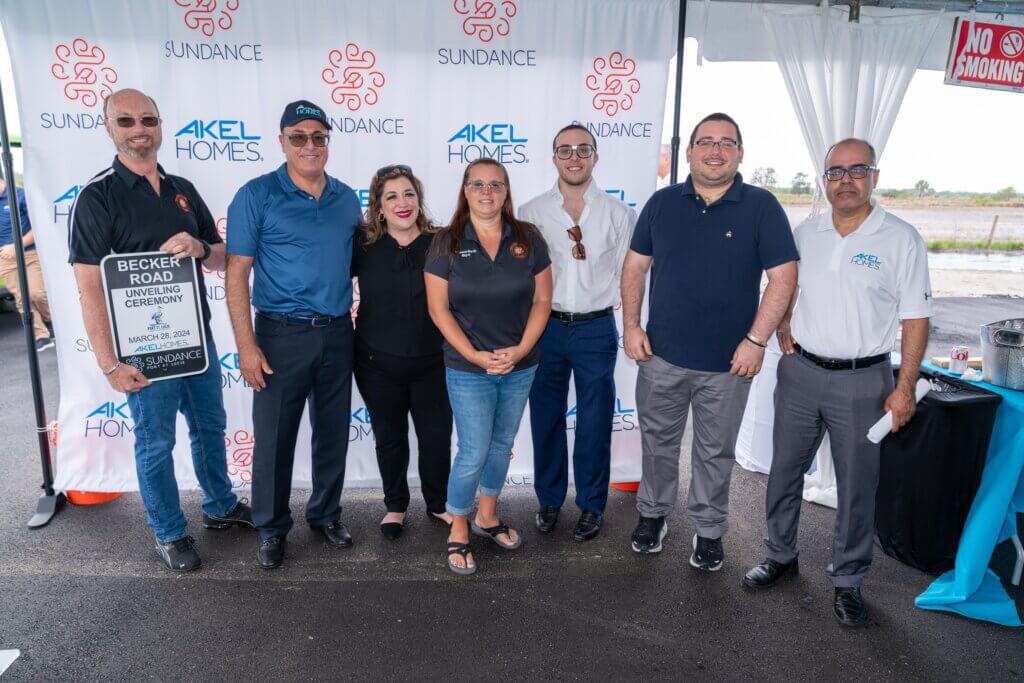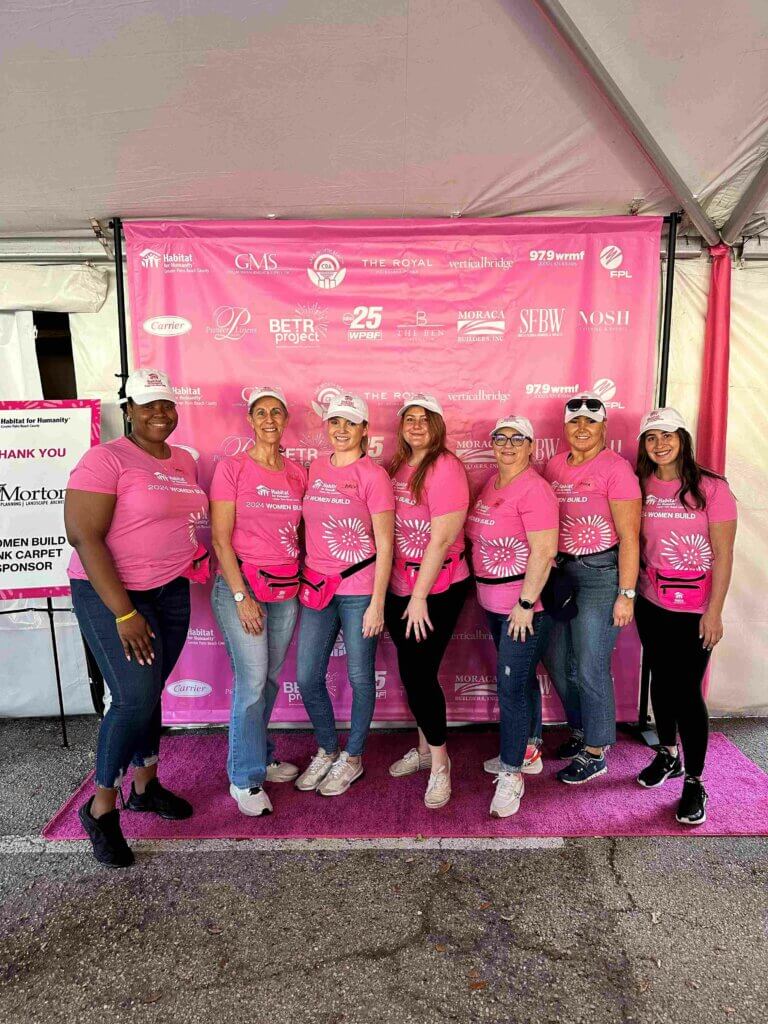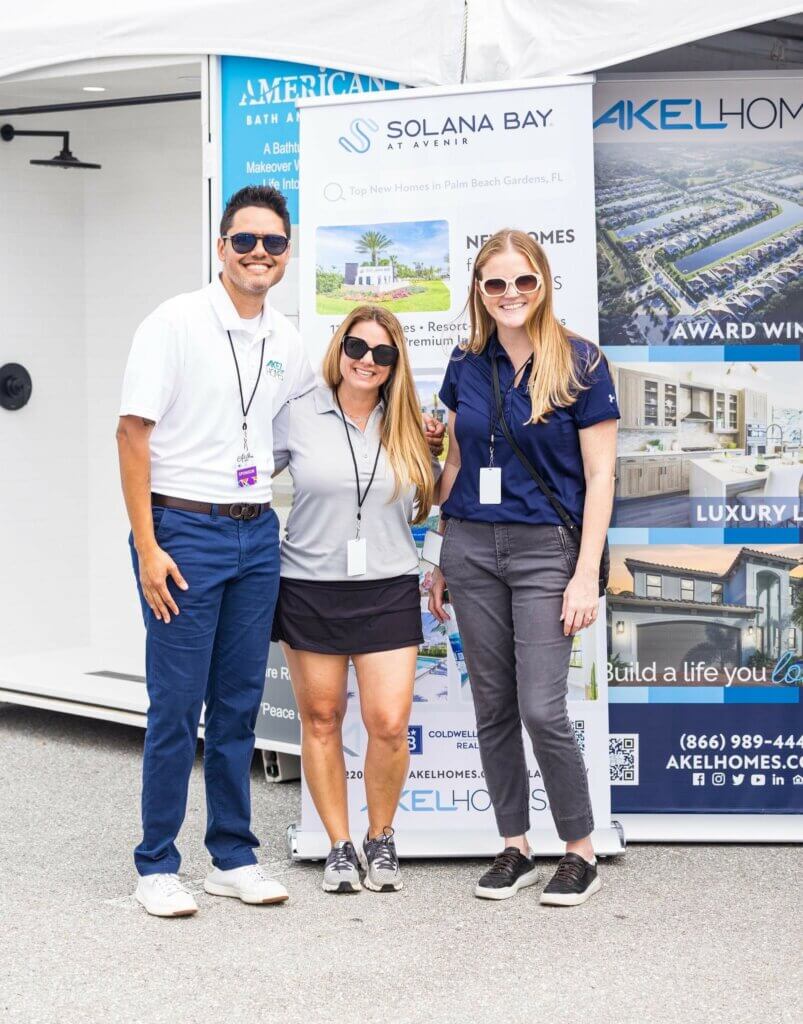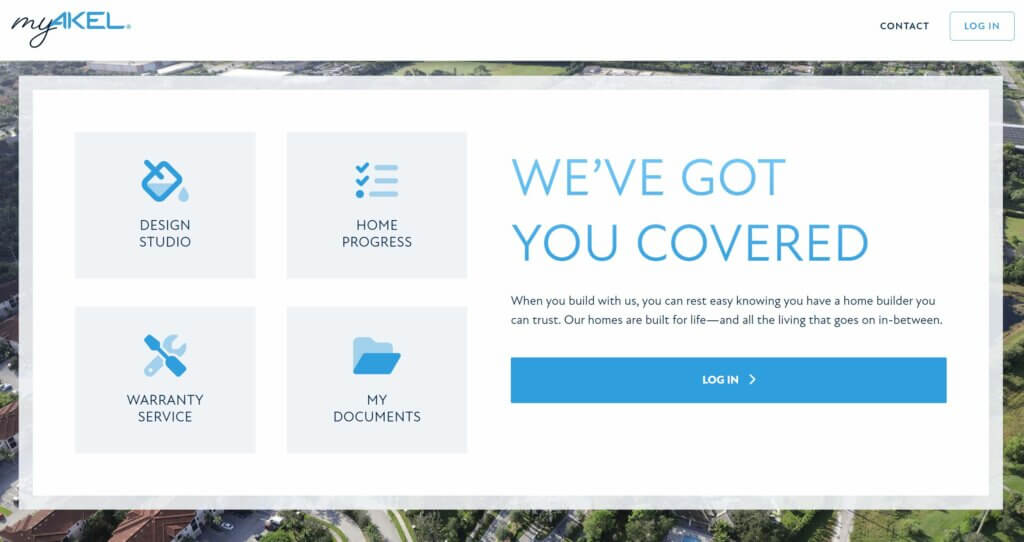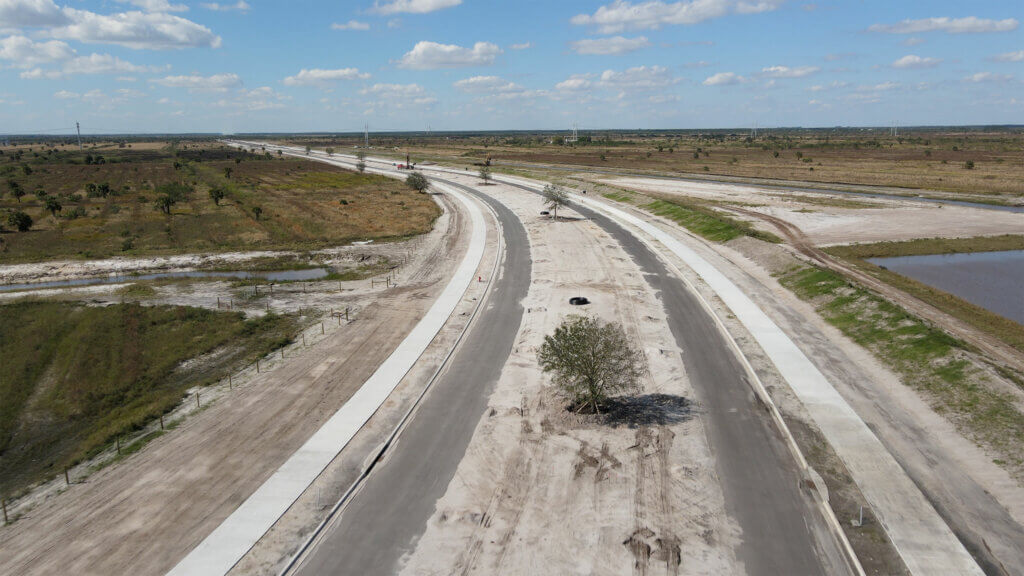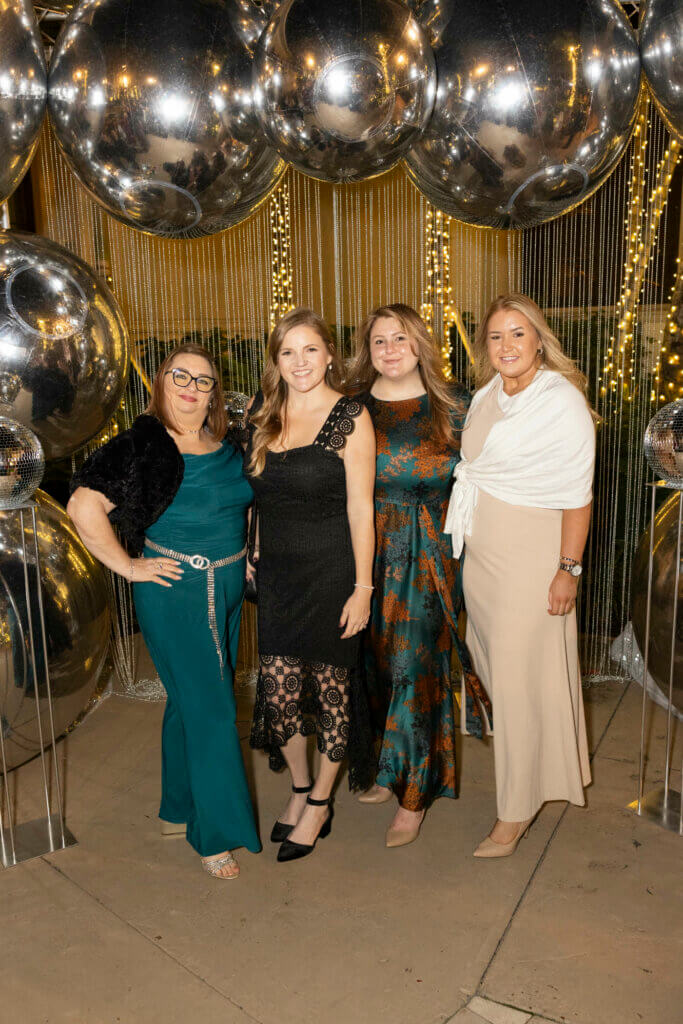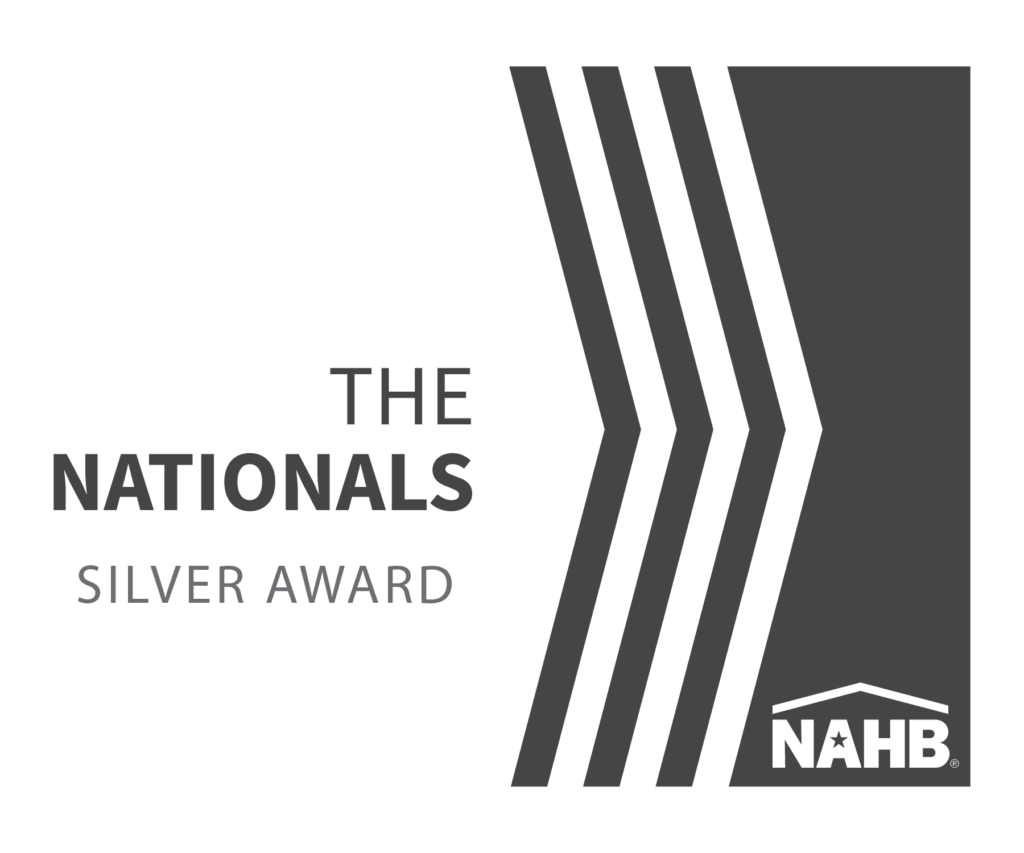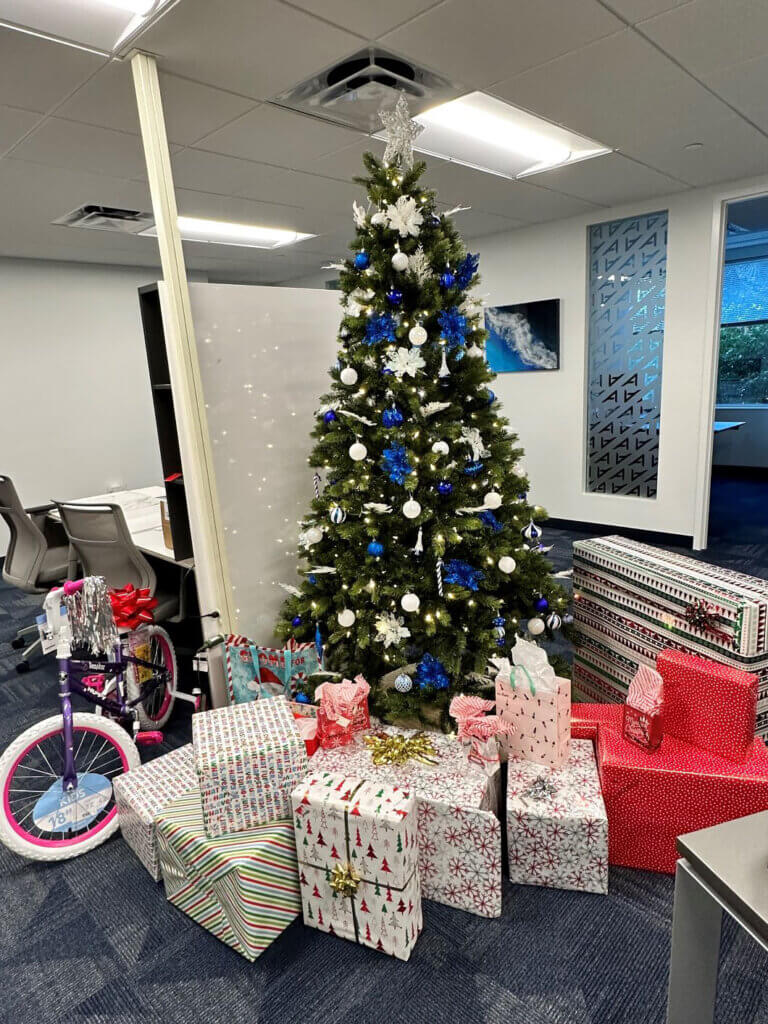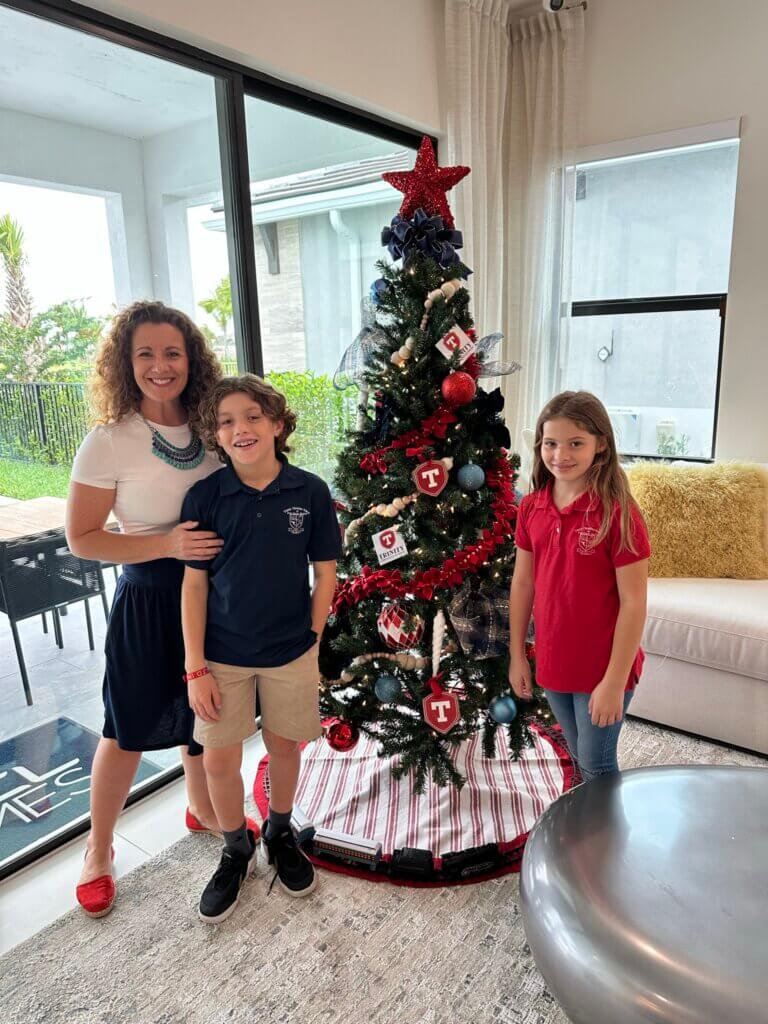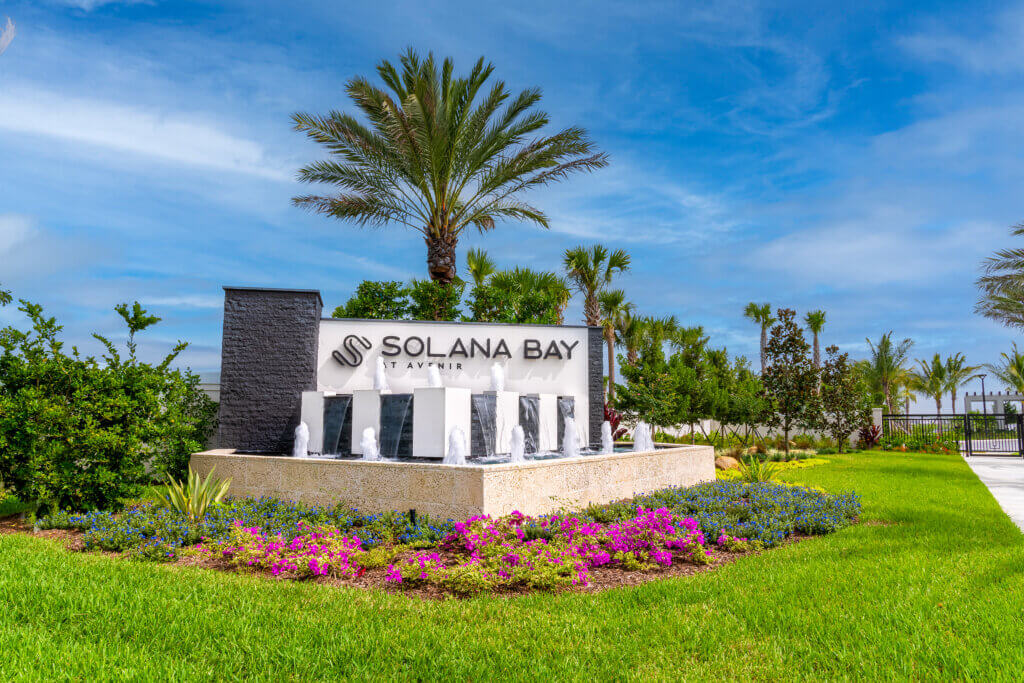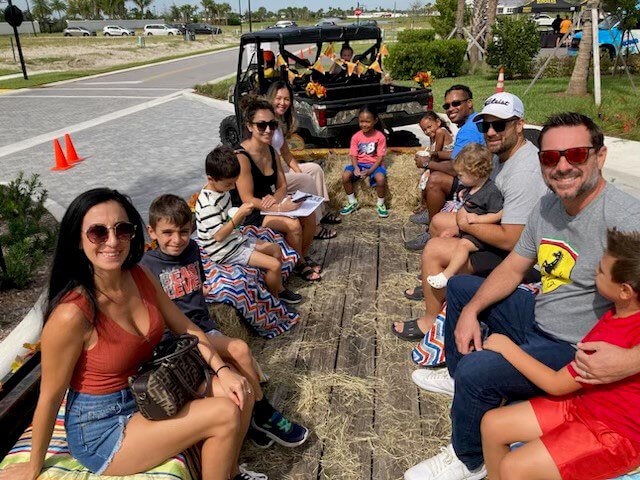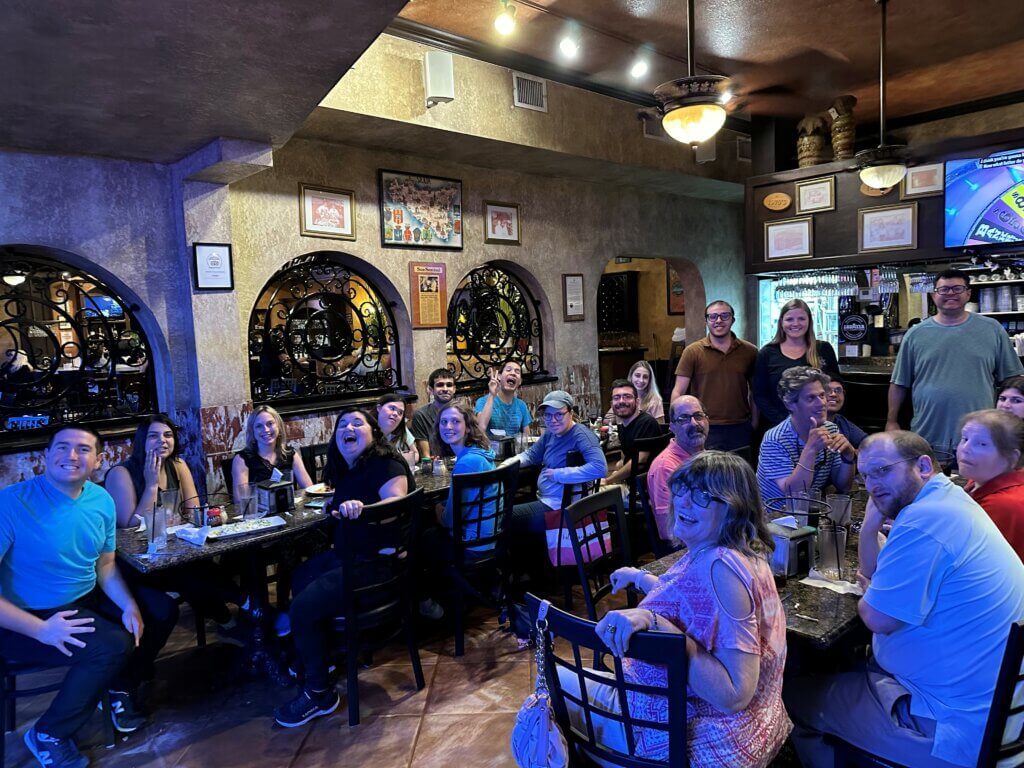Take a look at how a young South Florida builder looks at today's challenges as doors of opportunity opening.
That doesn’t mean it’s not a necessity–in business as in life. It’s oxygen, a needed enabler of more sophisticated levels of brains and behavior.
Speaking of hope, we visited about a year ago with Alex Akel, president of Delray Beach, Fla.-based Akel Homes. Alex, president of Akel, marked his 28th birthday this year.
As we noted after our first visit, Alex’s gifts–of enormous energy, of keen insight into human psychology, of a great education and intelligence, and of patience and open-mindedness in listening to decades of home building and development experience–stood out clearly.
Our reconnection this week reaffirms a couple of lines we crafted a year ago about one of home building’s bright light sources of hope and great expectations:
You could say that young Akel is wiser than his years. Or you could say that his raw intelligence, his studies, which include an advanced degree from the Harvard Graduate School of Design and fully-licensed status as a Florida state contractor, and his passion for what he calls solving this “ginormous Rubik’s Cube” that is home building, add up to an accelerated learning curve.
Accelerated … right. That wasn’t the half of it. Since, May 2019, life and business’ roller-coaster has gone from the thrill-ride rails into some surreal themepark-in-space anti-gravitational state of suspension. Velocity went off the charts. Vertigo has taken over since.
Yet, young Akel remains focused, not on questioning where the rails went, but how to get back on them and engage with purpose on the ride ahead. A living, home-building testament to “when cooler heads prevail,” Akel’s doing nothing so much as doubling-down on what home building’s best companies do best.
The market and sell, not an enclosure, but a story of well-being, belonging, health, and peace-of-mind people living inside that enclosure want to live, a narrative.
Akel’s own term for this fusion of problem-solving that home building businesses succeed with–“a ginormous Rubik’s Cube”–reminds of us of the superpower skills people in residential construction bring to housing’s “wicked problems.” Author Malcolm Gladwell proposes to split “wicked problems” into two types, puzzles and mysteries. That way problem-solvers’ skills fit nicely into one bucket or the other.
With apologies to doting so heavily on young Alex Akel to make a point–there are many, many inspired, energized, passionate, and highly effective managers and leaders in the space–the point here is this: The good home builders–firms, their team member associates, their managers, and their leaders–solve both kinds of problems.
That’s what’s different about them, and the sector, and the effects and outcomes they have on both the economy, and lives, and society.
They’re puzzle-solvers, and they’re mystery-solvers alike.
Now, that doesn’t mean that the “ginormous Rubik’s Cube” Akel talks about doesn’t have wicked problems–ones that preceded the pandemic, and the economic disruption, as well as a whole new passel of new ones.
What it does mean is that, if anyone’s going to be up to the challenge of blending both puzzle-solving and mystery-solving talent, resolve, and character, it’s people like Alex Akel–a 28-year-old “wiser than his years” in accepting the building life on life’s terms, who’ll do it.
As part of his focus on the puzzle solutions, Akel and the Akel Homes team have packaged their skill-set at assembling enclosed space around a home, in a community like Palm Beach County’s Villamar, with a signature “value proposition.”
“We source the highest quality materials and incorporate eco-friendly, smart home technology as a baseline, and our homes–ranging from the low-$400,000s to low-$500,000 are attainable,” says Akel. The puzzle-solving chops come through in smart design and engineering that allows Akel to deliver a contemporary, well-engineered plan on an iterative, consistent quality basis.
The mystery-solving talent–you’d have to guess that it springs in some large part in hereditary form directly from Alex’s dad Ramsey, who plunged himself into the messy exuberance of home construction at age 16–shone bright in the grimmest darkness of the COVID-19 double-whammy to both lives and livelihoods.
“March and April were extremely tough,” says Akel, who described a pivot that, first, shut-down activity, and subsequently reduced would-be buyers to a metered trickle of people willing to house-hunt via Zoom visits, virtual tours and appointments, and tech-based engagement.
To Akel, the visceral experience people get from real-world experience inside a new home doesn’t kick in completely, no matter how digitally sophisticated, or well-rendered, or elegantly flowing an augmented or virtual platform can be.
However, after “things opened up,” in May and early June, the complexion, pace, and face of demand all took on an energy and momentum that seems to reflect a pool of demand that will only grow from here.
“The ‘looky Lous’ are out of the market, and the ones you have coming in now are on a mission to buy,” says Akel. “They were sheltering in place for a couple of months, and that’s changed their minds–redefined–how they feel they want and need to live in their homes. It’s changed how they think of their floorplans, their need for multipurpose spaces that allow for life and work, where they eat, rest and sleep, play, etc. And mostly, they feel this place needs to be about health in ways they more fully understand.”
One of the aspects of new home construction that appears to have traveled across the divide from technical to meaningful–and Akel and his team are making it a foundational part of their bid to solve the mysteries of home buyer demand right now–has to do with a home enclosures at their most basic value proposition.
Indoor air.
“Healthy homes had been a trend in design, engineering, and construction for years,” says Akel. The difference now is that the matter and meaning and specificity of demand people have with respect to how that works have changed.”
Low VOC [volatile organic compound] materials, paints, etc. have been part of where we’ve been going, but now it’s a whole new level, and we’ve made this new level standard–in paints, carpeting, cabinets, other wood products, and any material that uses adhesives, etc.–in our new homes.
The “wellness” package Akel has drawn emphasis on includes:
- Energy-Efficient GE ® Gas Range & Rinnai ® Gas Tankless Water Heater
- Fresh Air Intake and Insulated Sealed Duct Air Conditioning System for Improved Indoor Air Quality
- Carrier ® Infinity ® Whole Home Air Purification System with MERV 15 Filter that Captures & Kills up to 95% of Particles (size 1.0 to 3.0 microns captured) & Kills or Inactivates up to 99% of Germs & Viruses (Not Tested for COVID-19)
- PPG® Zero VOC (Volatile Organic Compounds) Premium High-Quality Interior Latex Paint
- Low VOC Wood Cabinetry and Mohawk® Wall-to-Wall Carpet
- Kwikset ® Ladera Interior Door Hardware with Microban Antimicrobial Product Protection
- Energy Efficient Double-Panned Low-Emissivity Impact Windows & Sliding Glass Doors
- Energy-Saving LED Light Bulbs Water-Saving Plumbing Fixtures
Too, the standard package–aiming to get flex mystery-solving muscle to address the challenge of triggering a potential buyer’s story of “peace-of-mind” and sanctuary, and belonging–includes an array of smart-home features that enable a connected, albeit safeguarded–indoor life inside. A new standard feature in the smart-home package is an Eero Pro Ceiling-Mounted Whole-Home Wi-Fi Router in a central location, enabling touchscreens, Alexas, themostats, lighting, doorbell, and security, signal strength to spare.
No doubt, as the positives and negatives play out in an economy that’s trying to re-find its footing in a post-COVID-19 new normal, Akel and his private home builder peers and rivals will face the toughest odds ahead. What we think we see in Alex Akel is an essence of resilience, of fitness for a future few could have imagined as they looked at what job home builders will need to perform in an era ahead.
The job will be to solve both puzzles–such as lots, labor, and lending constraints–and mysteries, like matching people and their chosen biorgraphical narratives to homes and communities.
Hope may not be a strategy. But we need it. And we need people like Akel, who personifies the kind of young person home building needs more of.
View Press Release
